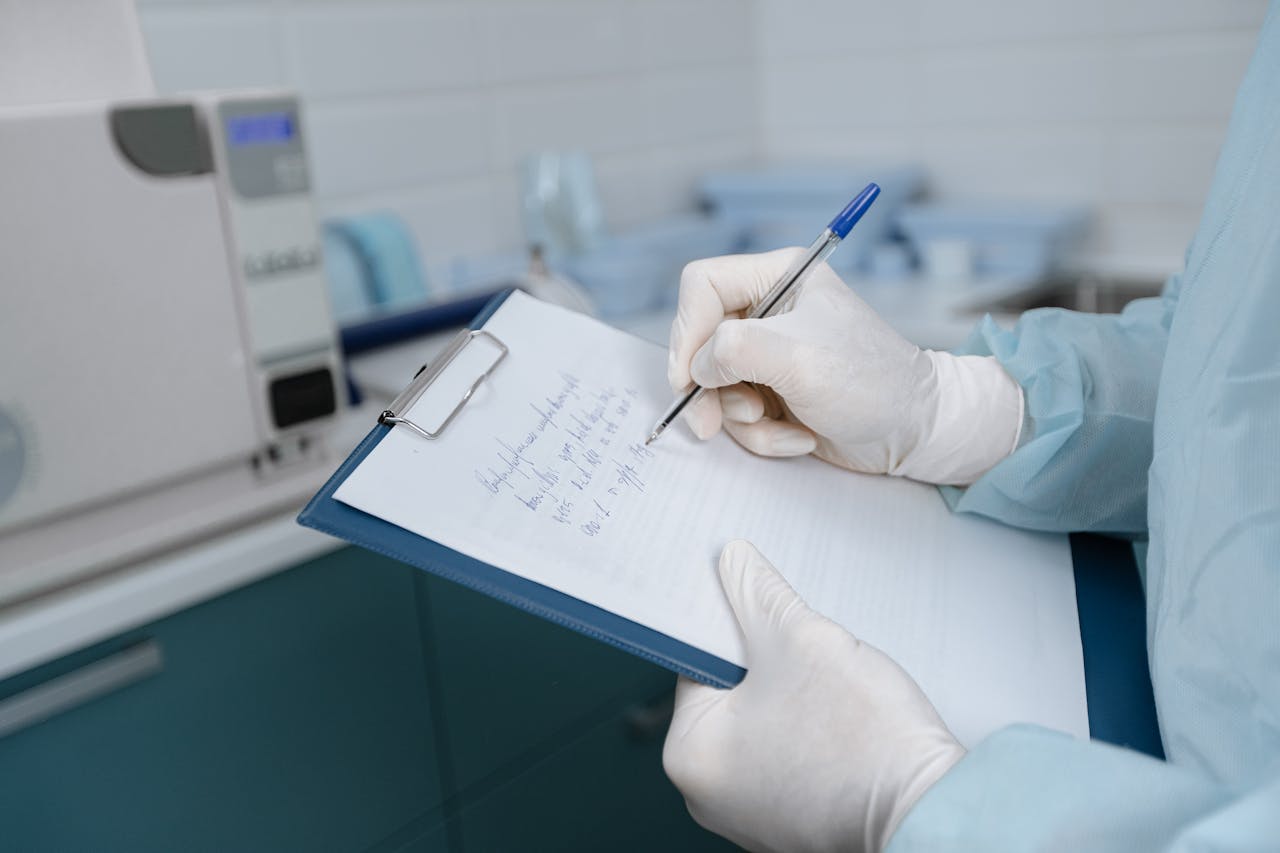Chronic Kidney Disease (CKD) is a progressive condition that affects millions of people worldwide. Stage 1 CKD is the earliest phase of kidney disease, where kidney function is still relatively normal, but there are signs of mild damage. Many patients diagnosed with Stage 1 CKD wonder: Can it be cured?
In this article, we’ll explore:
-
What Stage 1 CKD means
-
Whether it can be reversed or cured
-
Key lifestyle and medical interventions
-
How to prevent progression to later stages
What Is Stage 1 CKD?
Stage 1 CKD is defined by:
-
Normal kidney function (glomerular filtration rate, or eGFR, of 90 or higher)
-
Evidence of kidney damage, such as protein in the urine (proteinuria), blood in the urine (hematuria), or structural abnormalities detected in imaging tests
At this stage, symptoms are rare, which is why many people don’t realize they have kidney disease until it progresses. Early detection through routine blood and urine tests is crucial.
Can Stage 1 CKD Be Cured?
The term "cure" implies complete reversal of the condition, but CKD is often a chronic, long-term issue. However, Stage 1 CKD can often be managed so effectively that kidney function remains stable, and further damage is prevented. Here’s what the research says:
1. Reversibility Depends on the Cause
Some underlying causes of kidney damage in Stage 1 CKD can be treated, potentially restoring normal kidney function:
-
Acute kidney injury (AKI) recovery – If CKD is due to a temporary injury (e.g., dehydration, infection, medication toxicity), fixing the cause may restore kidney function.
-
Controlled high blood pressure or diabetes – Managing these conditions can prevent further kidney damage.
-
Treatable kidney diseases – Conditions like minimal change disease or early-stage IgA nephropathy may respond well to treatment.
However, if the damage is due to irreversible scarring (fibrosis), the kidneys may not fully recover, but progression can still be slowed.
2. Lifestyle Changes Can Make a Big Difference
While Stage 1 CKD may not always be "cured," aggressive lifestyle modifications can halt progression:
-
Blood pressure control (target: <120/80 mmHg for most CKD patients)
-
Diabetes management (keeping blood sugar in check)
-
Healthy diet (low sodium, moderate protein, reduced processed foods)
-
Regular exercise (helps with blood pressure and glucose control)
-
Avoiding nephrotoxic substances (NSAIDs like ibuprofen, excessive alcohol, smoking)
3. Medical Interventions to Protect Kidney Function
-
ACE inhibitors or ARBs – These blood pressure medications also reduce proteinuria and protect kidney function.
-
SGLT2 inhibitors – Originally for diabetes, these drugs have been shown to slow CKD progression.
-
Regular monitoring – Frequent eGFR and urine tests help track kidney health.
Preventing Progression to Later Stages
Since Stage 1 CKD is often asymptomatic, proactive management is key: ✅ Get regular check-ups (yearly blood/urine tests if at risk) ✅ Treat underlying conditions (hypertension, diabetes, autoimmune diseases) ✅ Stay hydrated (dehydration strains the kidneys) ✅ Limit processed foods and excess salt
The Bottom Line: Can Stage 1 CKD Be Cured?
While Stage 1 CKD may not always be fully reversible, early intervention can stop further damage and maintain near-normal kidney function for years—or even a lifetime. The focus should be on:
-
Identifying and treating the cause
-
Adopting kidney-friendly habits
-
Regular monitoring to catch any changes early
If you’ve been diagnosed with Stage 1 CKD, don’t panic—but take action. With the right approach, many people live healthy lives without ever progressing to more severe stages.
Next Steps
-
Consult a nephrologist for personalized advice.
-
Request urine albumin and eGFR tests if you have risk factors.
-
Commit to long-term kidney-healthy habits.
By addressing Stage 1 CKD early, you hold the power to protect your kidneys and overall health for years to come.


